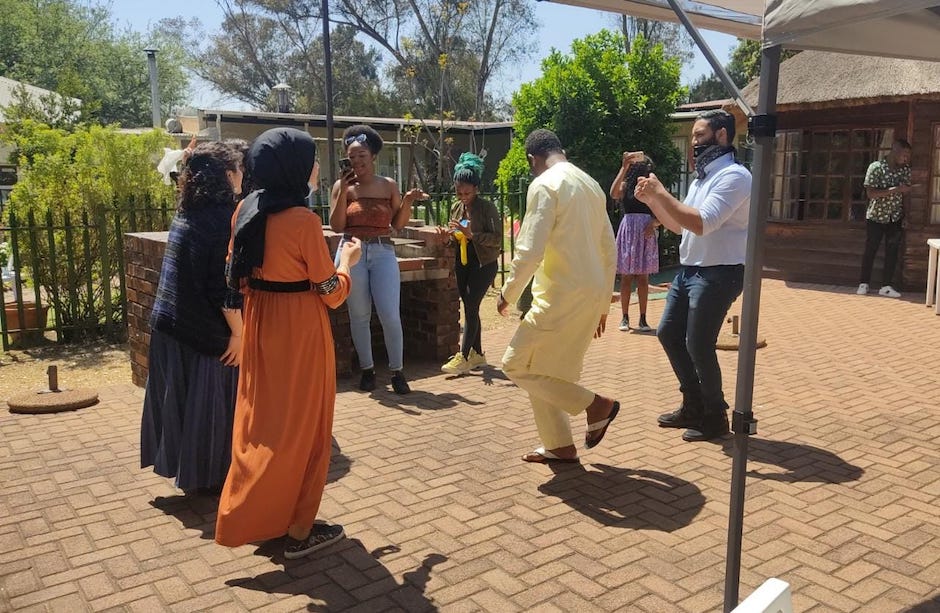South Africans treasure their diverse cultural heritage – and we’re only too happy to share it with visitors.
South Africa’s rich history dates back to some of the earliest human settlements in the world. Over 300 museums reflect this heritage in a range of places – from 18th century homes to mountain caves, from rural cultural villages to state-of-the-art urban facilities.
Hanging with South Africans
But nothing beats actually meeting people. South Africa’s many cultural villages offer a close-up insight into the country’s traditional cultures.
In the major centres, township tours – conducted with sensitivity and pride – will put you in touch with real South Africans and their history.
In the rural areas, community tours will help you get to know the country through the eyes of those who live here. You can discover ancient Setswana astronomy through the lens of a grandmother with an intimate knowledge of the ancient traditions. Or how about being taught to cook line fish the traditional way by the fishing community in Kalk Bay?
Cradle of Humankind
And remember, no matter where you’re from, this is where your roots are. It’s pretty much accepted that human life started in Africa. Most people look at the world differently after a tour of the Cradle of Humankind near Johannesburg – one of the richest hominid fossil sites in the world.
Fossilised footprints near Cape Town, and the wealth of rock paintings and surviving shelters in KwaZulu-Natal’s Drakensberg mountains and elsewhere in the country, all testify to humanity’s origins on this ancient continent.
Wars, apartheid, reconciliation
More recently, South Africa’s history has been one of conflict and confrontation, but also of reconciliation and restitution. You can explore the battlegrounds where the bloody events that shaped the country took place.
From Isandlwana or Talana in KwaZulu-Natal to Soweto in Johannesburg or Langa in Cape Town, our land tells a story – but one that can be difficult to interpret, so it’s worth doing a guided tour.
We show the wounds of our past – visit the Women’s Monument in Bloemfontein, or the Apartheid Museum in Johannesburg.
But we also announce our new-found unity. A trip to Robben Island will show just how powerful that attitude can be. We’ve taken a place of oppression, isolation and despair and turned it into a symbol of forgiveness and hope. That’s what South Africans are doing with the whole country.
- KwaZulu-Natal Battlefields route
- The Apartheid Museum
- Robben Island remembers
- We the People: Constitution Hill
- Taking the Nelson Mandela Route
Source: SAinfo reporter and South African Tourism

